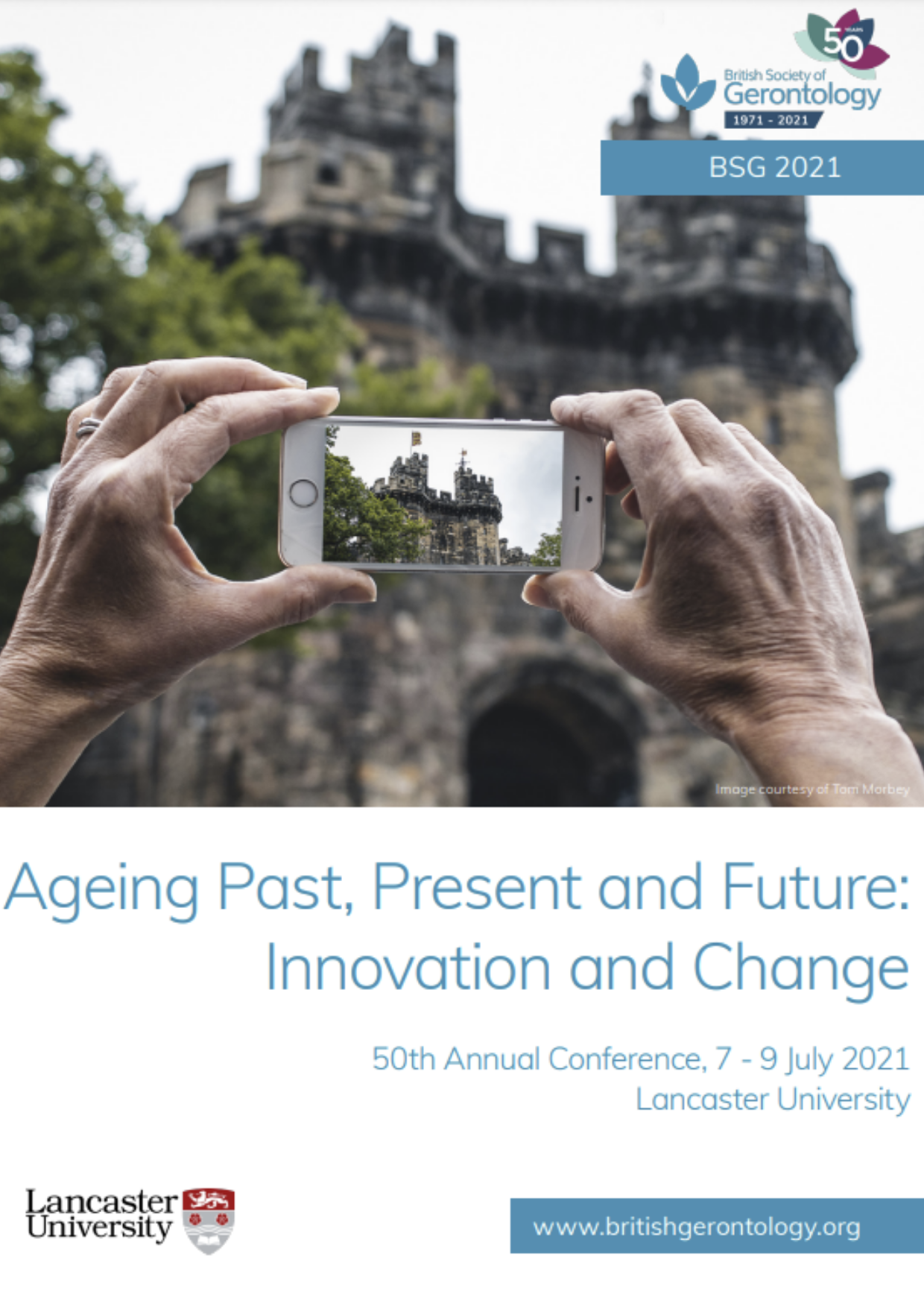British Society of Gerontology 50th Annual Conference. “Ageing Past, Present and Future: Innovation and Change”
Our colleague Sara Marsillas has participated in this annual meeting of the British Society of Gerontology presenting:
-
"Exploring social exclusion in older adults living in Gipuzkoa".
An oral communication in which we present the results of the Barner Hartu project, a research that, through a quantitative methodology, investigates the current situation of older people in order to know the different realities in terms of social exclusion in Gipuzkoa, as well as to identify those dimensions of social exclusion in which more disadvantages are observed. Based on a representative sample of the population of Gipuzkoa aged 60 and over of 1653 people, the study points out that the dimensions in which the highest percentage of people experience situations that would place them in a position of greater vulnerability would be: access to services and facilities, social relations and the neighbourhood.
-
"Is it possible to experience loneliness as positive? Exploring positive lonely people"
Communication part of the symposium "Towards a positive paradigm in loneliness: an aspiration or impossible endeavour?". There is a universal understanding of loneliness as a homogeneous, static and/or linear experience and a remarkable agreement in considering loneliness as negative feelings. Perceived loneliness is defined as a situation experienced by the individual as one in which there is an unpleasant or unacceptable lack of (quality of) certain relationships and is thus predefined as negative. However, in this paper, the aim is to explore whether loneliness can be experienced as something positive and what profile of older people have responded to experiencing loneliness in this way.
The results show that of those who report feeling lonely using a direct measure, 17.4 per cent of them consider the experience of loneliness as a positive experience as a relevant part of the time. A similar percentage was obtained based on lonely people categorised by the De Jong Gierveld Loneliness Scale. The profile of people who state that their loneliness is a positive experience does not differ from those who do not experience it as positive as a function of socio-demographic variables such as gender, age, marital status, self-reported health status, educational level, type of household. It differs by loneliness variables such as time spent alone and types of loneliness. Specifically, those who do not consider loneliness as a positive experience have higher scores for emotional loneliness and those who say that it is a positive experience spend more time alone.


